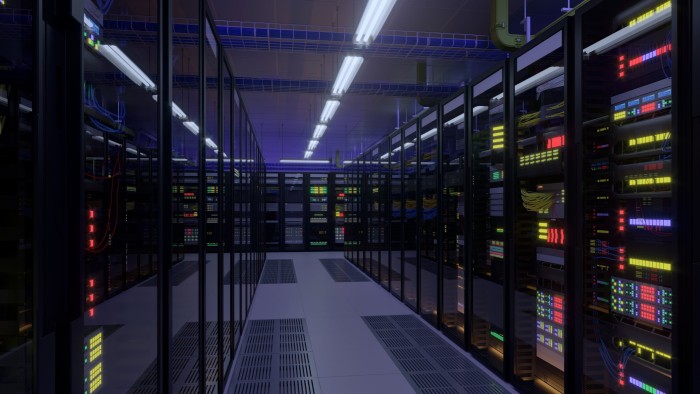Unlock the Editor’s Digest for free
Roula Khalaf, Editor of the FT, selects her favourite stories in this weekly newsletter.
Artificial intelligence chatbots, cloud storage platforms and financial systems all depend on data centres that operate round the clock. These facilities underpin the digital economy where even brief interruptions can have far-reaching consequences. That means they rely heavily on battery systems that bridge power interruptions until backup generators take over.
Today, nearly all of those batteries are lithium based. Much of the lithium-ion supply chain is controlled by China. Last year, the US imported $15.3bn worth of lithium batteries from China, which accounted for about a quarter of China’s total lithium battery exports. That makes the US a market capable of reshaping global battery demand.
Yet this position comes with significant vulnerability. Heavy reliance on Chinese lithium groups exposes the US to economic and strategic risks, especially as China has moved to restrict the export of certain critical battery technologies, including those used to process lithium and gallium.
China controls more than 60 per cent of global lithium refining capacity. While lithium itself is mined in many countries including China, Australia, Brazil and Argentina, most of it still must go through Chinese refineries before reaching global markets.
There is precedent for using critical materials as geopolitical leverage. In 2023, China tightened export controls on two strategically important metals, germanium and gallium, which are essential for making semiconductors and advanced electronics. For infrastructure that needs uninterrupted access to power, such as data centres, the risk posed by lithium supply disruptions is too significant to overlook.
This risk is driving a search for alternatives. Among the most promising is the organic flow battery, a technology that stores and releases energy using non-toxic and non-flammable organic molecules in a saltwater solution. These batteries do not need lithium, cobalt and nickel, minerals vulnerable to political instability and often linked to environmental damage. US-based data centre developer Prometheus Hyperscale has become the latest to sign a deal to start deploying this new battery technology at scale. Additionally, technologies such as sodium-ion batteries, which avoid the use of lithium, are also gaining momentum.
For Chinese battery and lithium groups such as Tianqi Lithium and Ganfeng Lithium, a potential shift in US demand — particularly by growing clients such as data centre operators — away from Chinese-refined, lithium-based batteries signals a risk to one of their key markets.
Alternatives remain in the early stages and will not displace US reliance on Chinese lithium batteries overnight, but they point to a long-term shift already under way. What was once a low-profile concern has become an opportunity for the US to reshape its energy storage market on its own terms.
